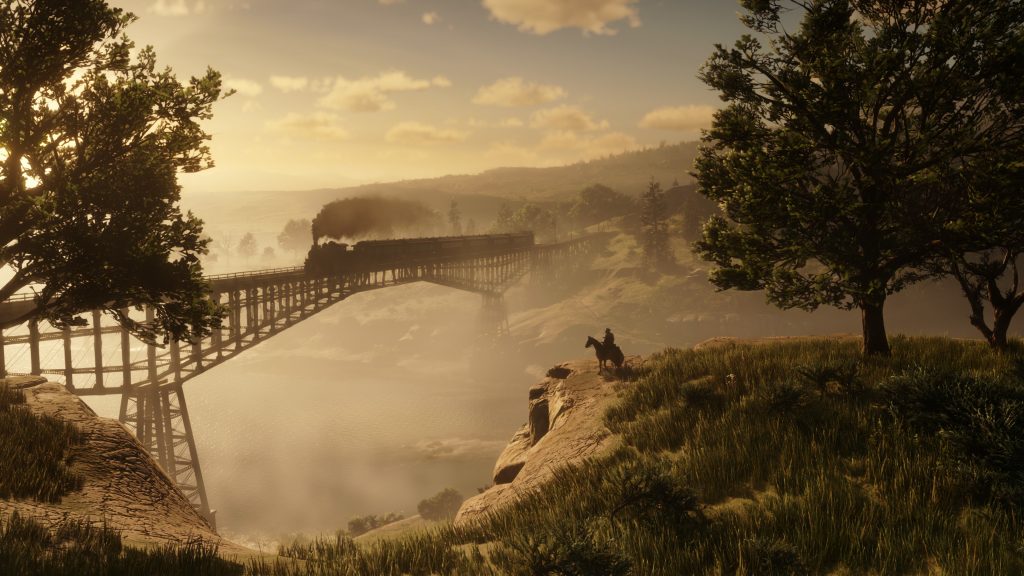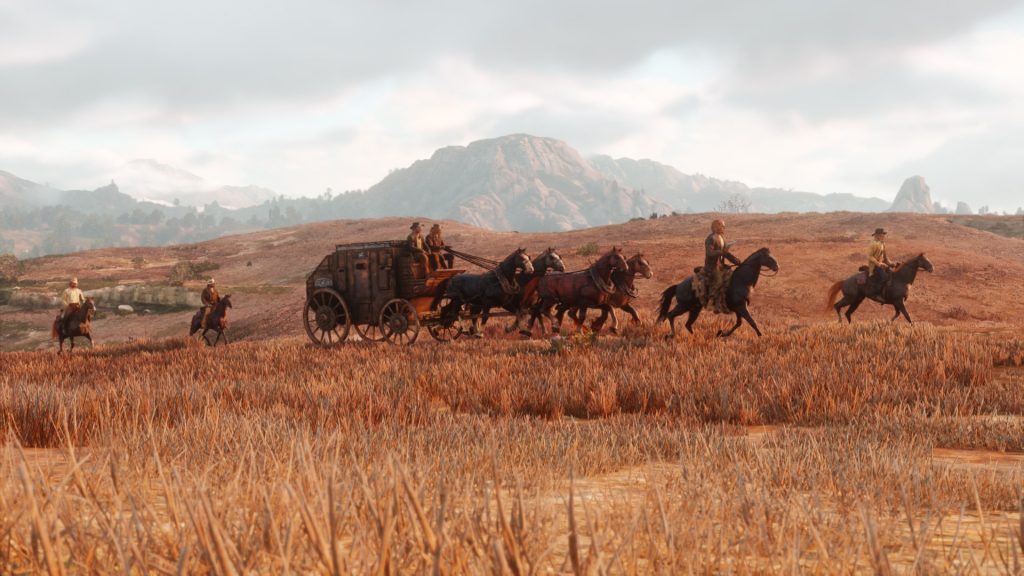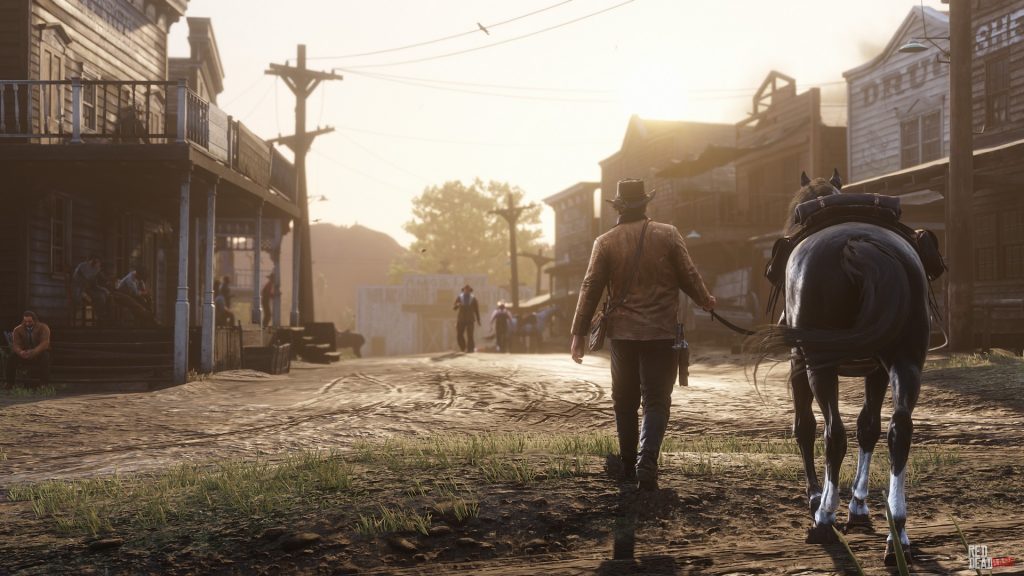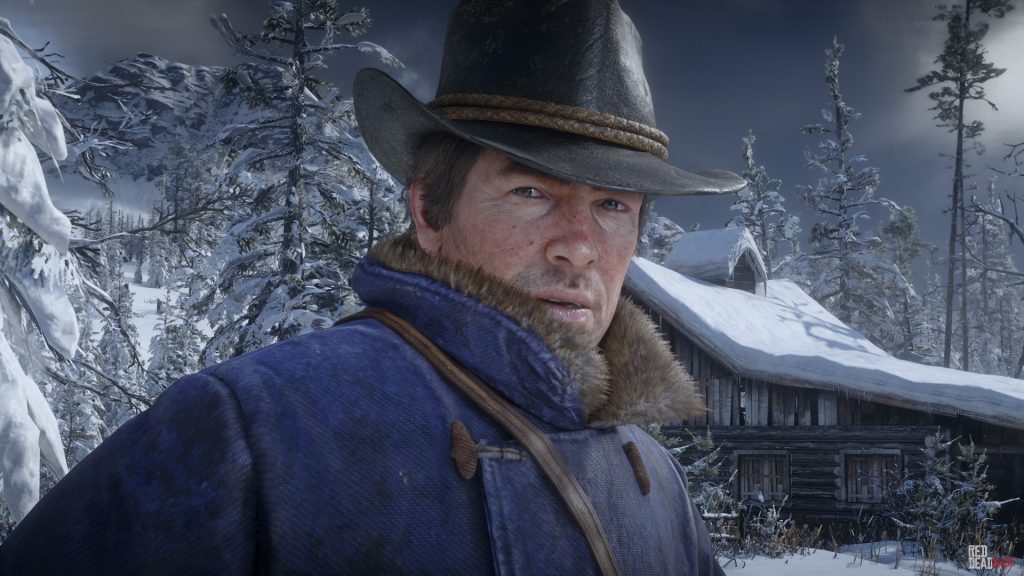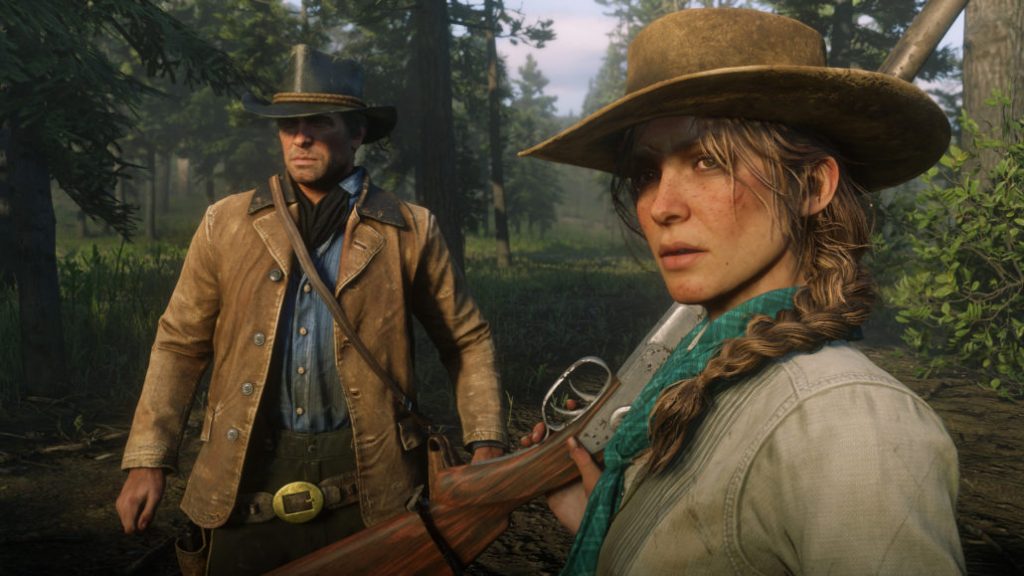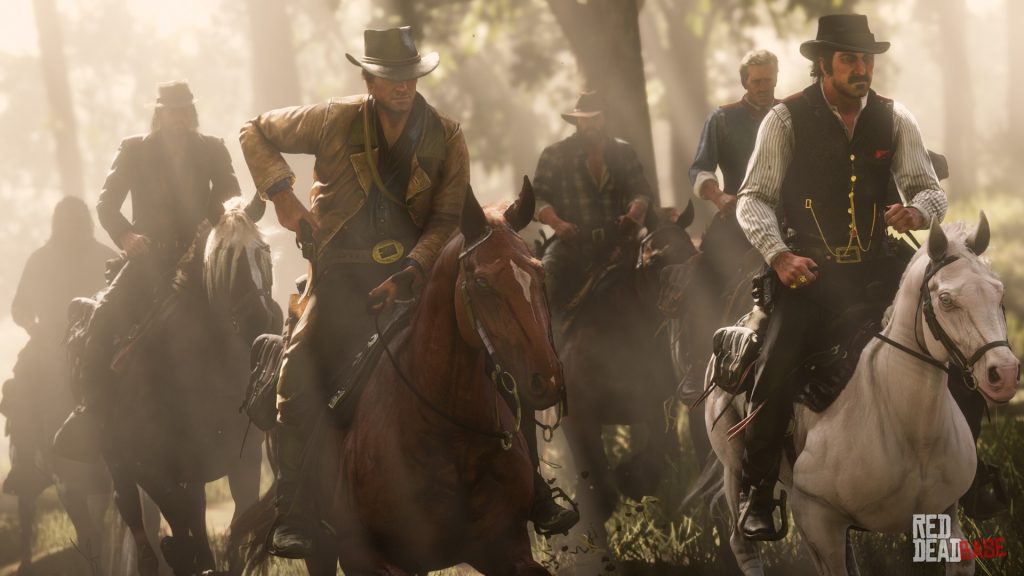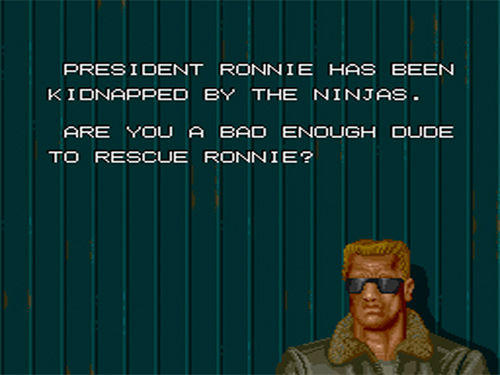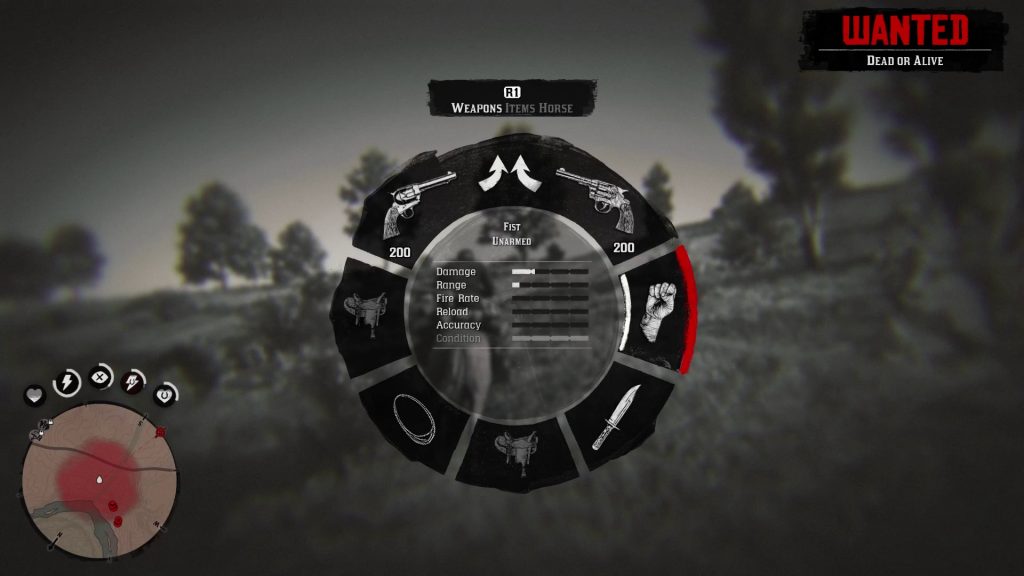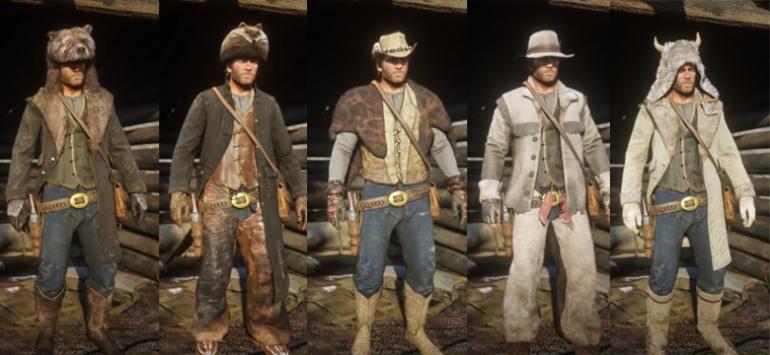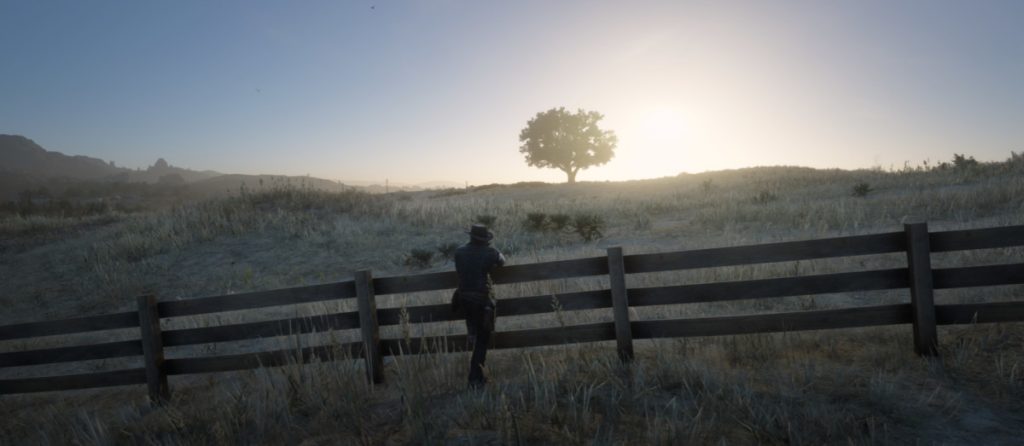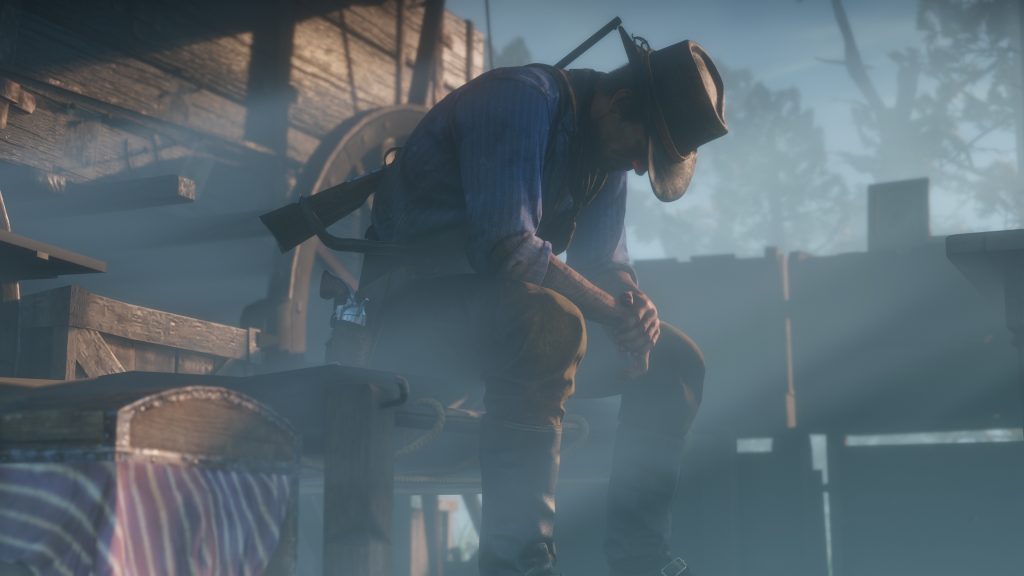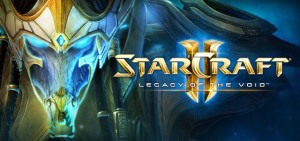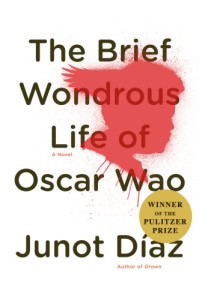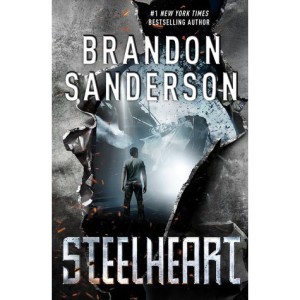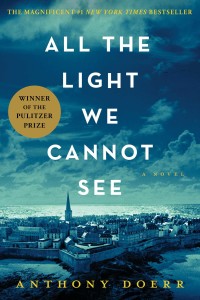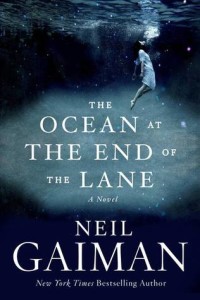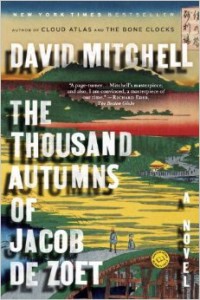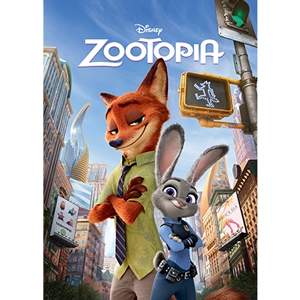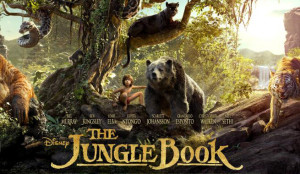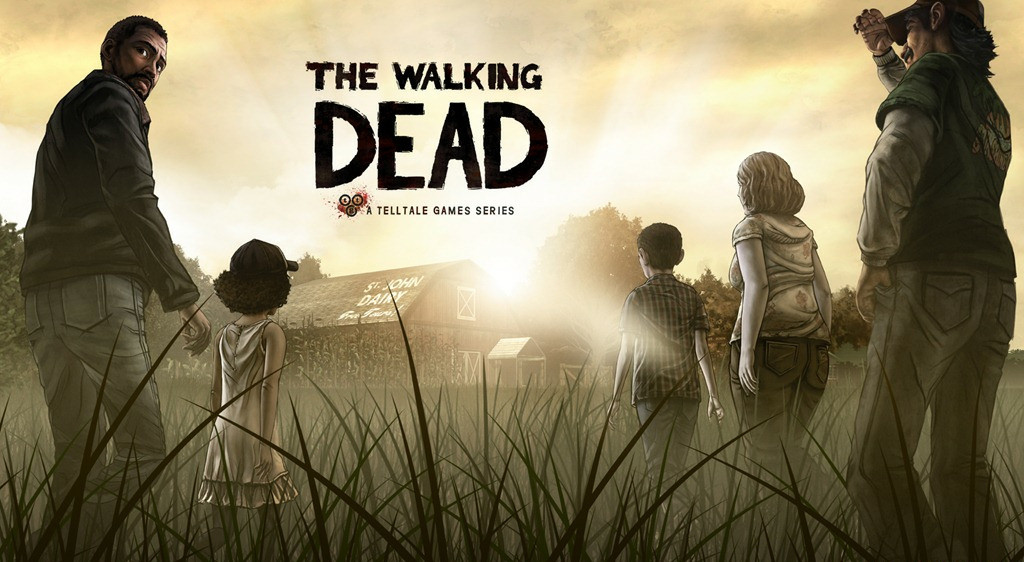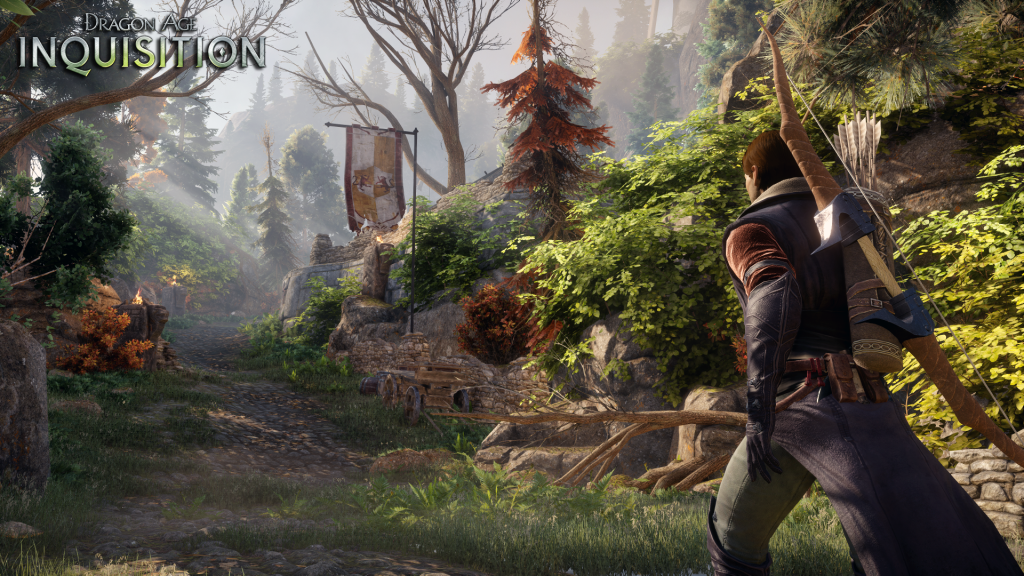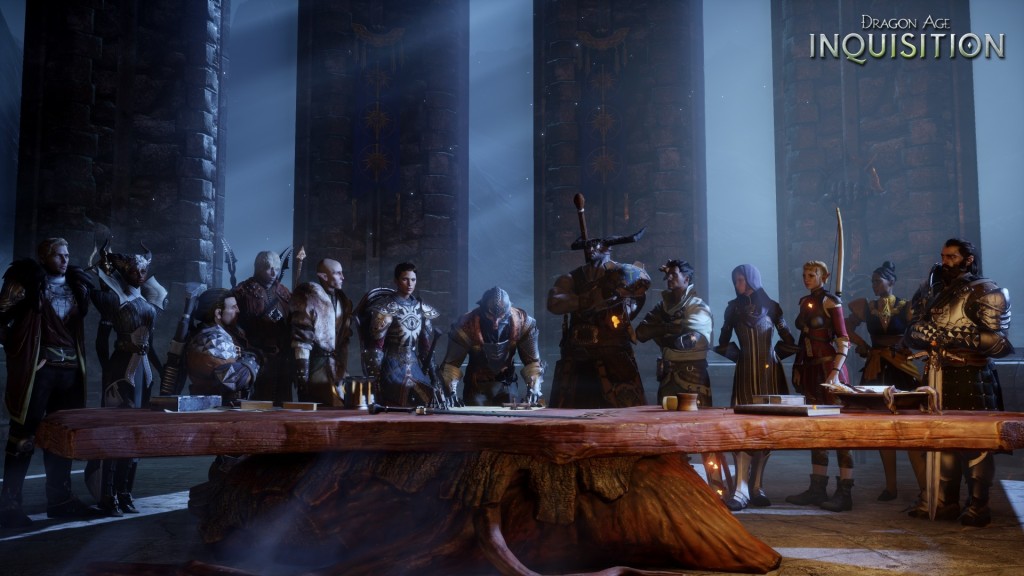If you were to sit down and precision engineer a video game to be hopelessly addictive to me, you would probably end up with something like 7 Days to Die. It’s a strange mash-up of several different game genres – shooter, RPG, survival/crafting, tower defense, voxel-based, sandbox/open world – but somehow it not only works, it is incredibly compelling and has basically hijacked my brain for a significant chunk of the past year. Now, I’m susceptible to becoming addicted to almost any new game, but as you’ll see, this game hits a magic combination for me that takes it above and beyond.
The premise of the game is that it’s the zombie apocalypse and you wake up naked in the wilderness and have to find a way to survive. You gather resources and loot the remnants of civilization to craft clothing, weapons, and eventually build yourself a base where you can live safely and eventually thrive. You have to find food and water and clothing appropriate to the weather. And importantly you have to do all of this while not being eaten by zombies. But the core mechanic of the game is that every 7 days, there is a “blood moon” where the zombies go berserk, can find you no matter where you are hiding, and attack you in increasingly difficult waves. This weekly “horde night” gives the rest of the game an urgency: you need to repair, fortify, and improve your base in time for the next horde, because the hordes keep getting more and more powerful.
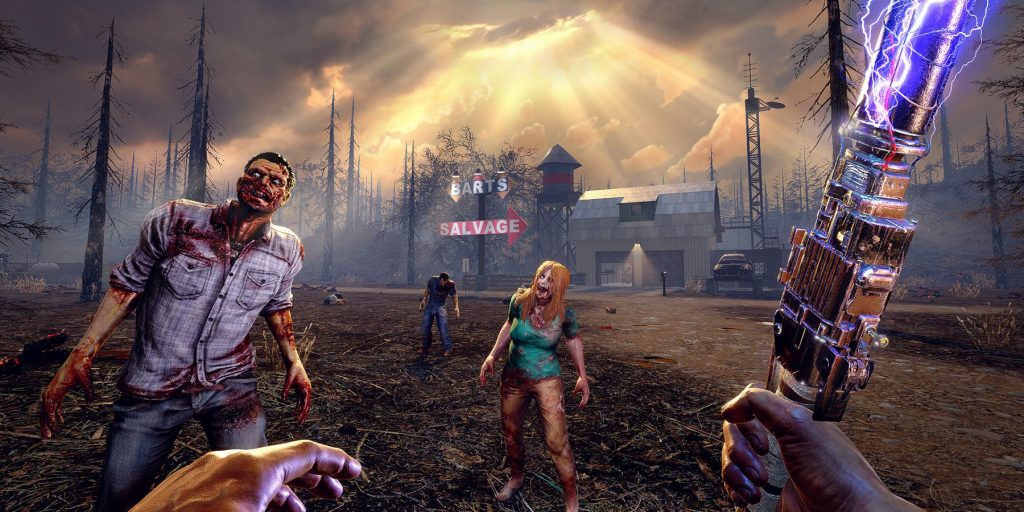
What’s really impressive is how irresistible I find the game despite the fact that it has no story whatsoever, and that it is not even a finished game – it is still technically in alpha, meaning it is actively being developed and is prone to bugs, lacking polish, and is generally rough around the edges. It was released in 2013 and is currently on its 21st alpha version, with no final release date in sight. I was hesitant to try a game that was still in alpha at first, and there have been some annoying bugs to deal with, but the benefit is that the game is constantly being improved, and that every year or so a major update is released, essentially providing a “new” game. I started playing last year on alpha 19 and enjoyed it very much (except for when a bug caused my vehicle and all of my possessions to mysteriously disappear…). Then when alpha 20 came out around Christmas time, I started a fresh game and have been thoroughly enjoying it again, appreciating all the various changes. The constant tweaking annoys some players but to me it’s kind of fascinating to watch. I am much more invested in the game because I can see it growing and changing.
It may seem weird for me to get sucked into an open world style game when in the past I have talked so much about how I like games with stories. I do think video games are a powerful medium for telling stories that only very rarely use their storytelling potential to its fullest. But a couple years ago I started to rethink that position when I got hooked on Fallout 4, and actually had a better time when I replayed it and mostly ignored the story and embraced the open world experience, the gameplay itself, and the little stories that naturally arise as you set your own goals and try to achieve them. 7 Days to Die picks up the evolution of my thoughts about games where I left off in Fallout 4, and has officially convinced me that my tastes in games are not actually what I thought, and that I’m perfectly happy without any story at all, in some cases.
Story is one way that games can be great, and I still wish more games would invest more in good writing and storytelling, but it is not the only way. Games can also be great through compelling gameplay that puts you into a “flow” state where all other thoughts fall away and you know what to do, how to do it, and are enjoying the process of doing it (a combination that can be sorely lacking in real life…). 7 Days to Die definitely achieves this. It has that “let me just do this one more thing” feel to it that characterizes the most addictive games.
Games also can be great by just providing a rich secondary world for you to have interesting experiences in. That’s what I most enjoyed in Fallout 4, and the even greater freedom in 7 Days has been a blast.
7 Days to Die is a voxel-based game, meaning that the whole game world is based on discrete blocks that you can destroy or build upon however you want. Minecraft is the most well-known voxel game, and makes very little attempt at looking pretty. 7 Days to Die actually manages to look good much of the time, in comparison. The game world is based on 1 meter blocks, but it does a lot of clever things to make this less glaringly obvious. The a20 update significantly improved the random world generation. While it’s still not without bugs (notably, water in the game is a mess, and you can end up with roads cutting across lakes making it look like Moses has been through recently), it generates some pretty believable terrain and cities, which with vegetation, weather, and lighting effects, can be downright scenic. Most importantly, it generates worlds that seem to cry out to be explored. That distant mountain? Not only can you go climb it, you can dig a tunnel right through it, or build a castle on top of it, or carve your initials into it. That distant city? Full of zombies but also potential resources to salvage.
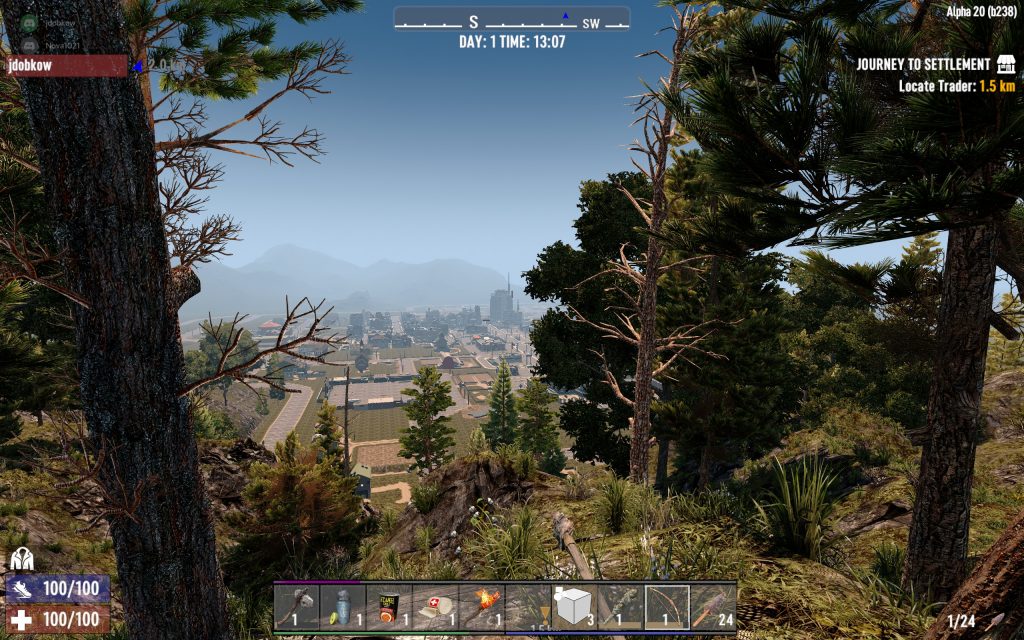
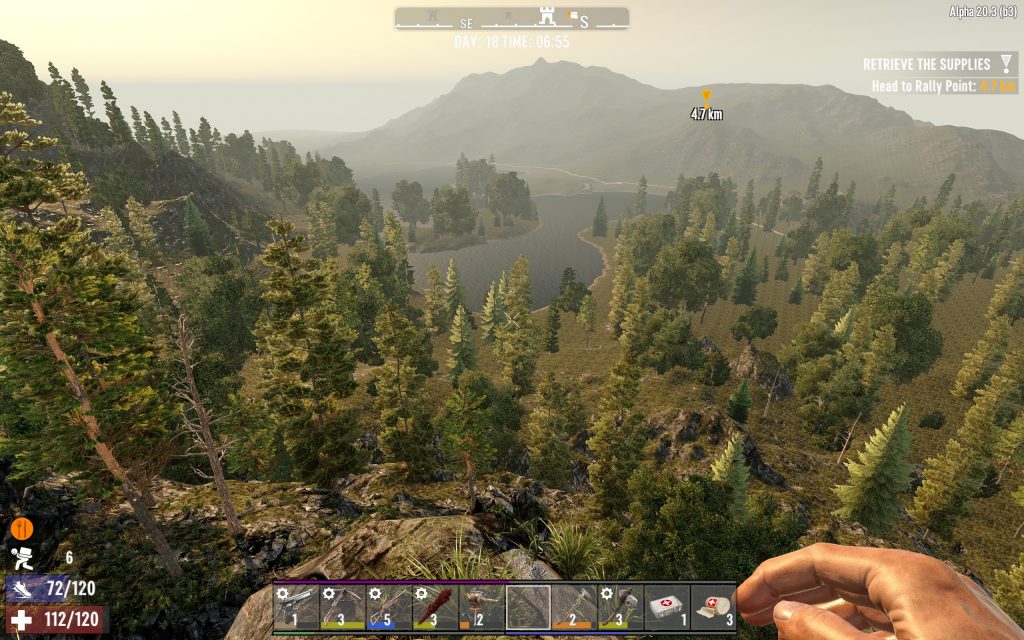
7 Days to Die actually has a lot in common with Fallout 4. It is set in a post-apocalyptic world where you have to loot ruins to find weapons and supplies. You level up as you play and gain more skills so you can become more powerful and craft better gear. On the hardest difficulty in Fallout 4 you have to find food and water and avoid disease, all of which are a core part of 7 Days to Die. Fallout 4 is definitely a far more “polished” game, with a great user interface, tons of actual quests with actual storylines and non-player characters. It’s also much prettier because it is not voxel-based. And in both games you can build a base. I enjoyed this in Fallout 4, but it didn’t really serve a very vital purpose, it was more just a cool thing you could do if you wanted. In 7 Days to Die, building yourself the ultimate base (in a game world that is completely modifiable by you – or destructible by the zombies trying to get to you…) is an absolute blast.
When I was a kid, I built a lot of forts. Snowy outside? Build a snow fort. Rainy day? Build a pillow fort. Got some legos? Build a fort. My dad built me a wooden fort in the basement. In high school, when left unsupervised in the north woods of Michigan, a friend and I scavenged materials from an abandoned hunting shack and built a fort. We cut (most of) our timber by hand using a dull hatchet, and even attempted a makeshift forge using a cinder block as furnace and anvil (turns out that, when heated, aluminum curtain rods just flake and crumble and cannot, in fact, be hammered into swords). We made an arsenal of wooden swords, staves, and bows instead. It was never quite clear who we were defending against, but there’s something about building a safe place for yourself and your friends that I apparently find really fun.
Yes, that’s correct, one of my fondest memories from my teens involves harvesting resources, looting ruined buildings for supplies, crafting weapons, and building a fort in the wilderness. I told you, 7 Days to Die is practically laser-targeted to make my brain happy.
In my latest playthrough, after surviving for a while as usual, I decided to get creative. I scouted around until I found the perfect location for an enormous Lord of the Rings-inspired base carved into the mountainside. To avoid disrupting this post with dozens of screenshots I’ll make a separate post to show it off, but here’s a taste.
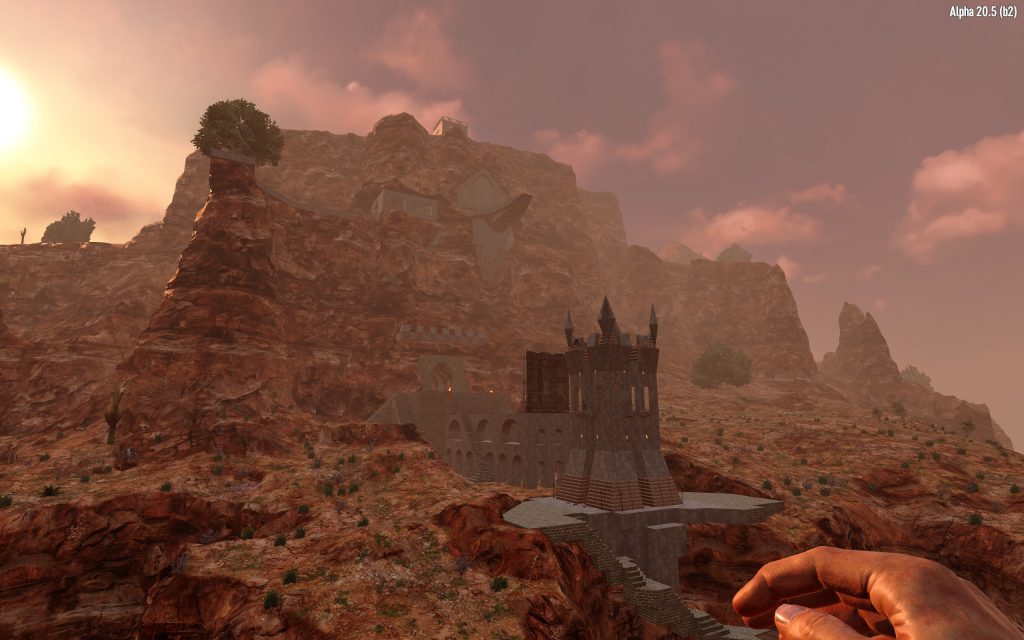
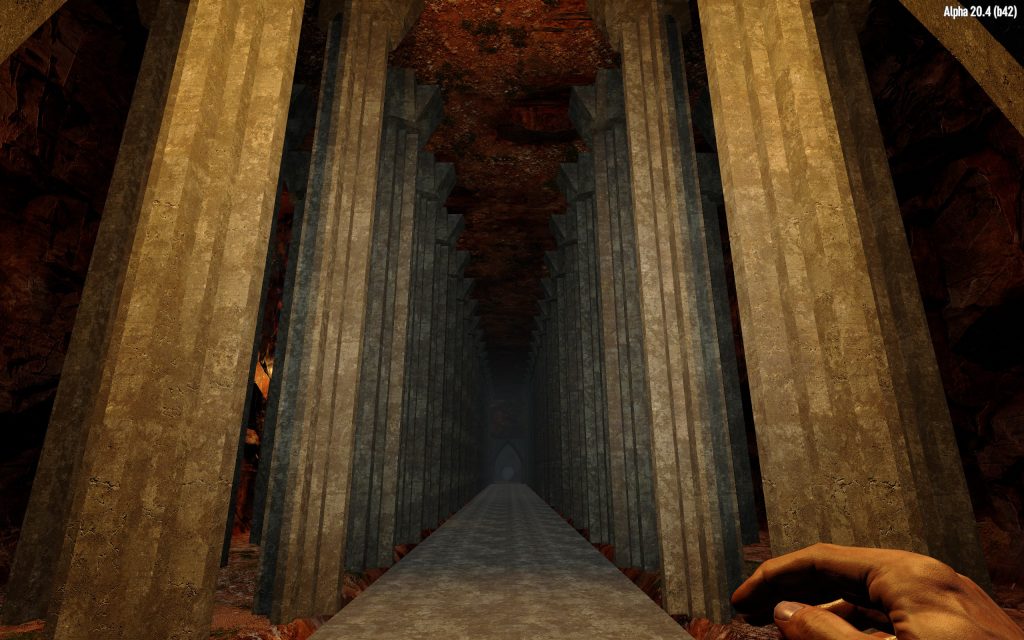
Another reason this game was particularly ideal for me is that I love the post-apocalyptic genre. I don’t know what this says about me, that I enjoy thinking about scenarios where the world falls into ruin and almost everyone dies and I need to repurpose the tools in the hardware store into weapons, but the genre’s popularity suggests that I’m not alone. If I had to guess, I would say it’s probably a symptom of the overwhelming complexity of the modern world. I think many of us sometimes wish we could strip that all away, and imagine what it would take to survive.
We fundamentally have the same brains that our ancestors had 40,000 years ago, and those brains evolved to help us survive in a hostile world, creating tools from the materials we can find around us to provide shelter, food, and defense for ourselves and a small group of kin. It’s not surprising that a genre that considers a return to that sort of life might be appealing.
As an aside, one thing I dislike about the post-apocalyptic genre is the assumption that with the collapse of civilization, people will degenerate into roving bands of maniacs. Actual evidence from disasters shows that the much more likely outcome is that the apocalypse would shatter social and class barriers and that, at least at first, people would work together to help each other survive. (Check out A Paradise Built in Hell for more on this.) I’d love to see more in the genre that explores that perspective, rather than the common assumption that we’re all a bunch of murderers and rapists under a thin veneer of civilization.
The nice thing about a zombie apocalypse is that it gives you a convenient “other” to defend against, while sidestepping some of the interesting but messy questions that can be explored in the genre. Zombies = bad. No negotiating, no moral grey areas. Those are good for thoughtful stories, but if you are more concerned with gameplay, defending against mindless zombies makes for a very fun game. If the last few years have taught me anything, it is that sometimes you just need dumb fun.
The final thing I’ll mention about the game is that it can be played as a cooperative multiplayer game. It’s actually how I first came across it. I have a weekly video game night with my brother and friend from high school (the same friend I built that fort in the woods with) and we came across it while looking for a new game to play together. It’s a fun single player game, but building and surviving with friends makes it even better.
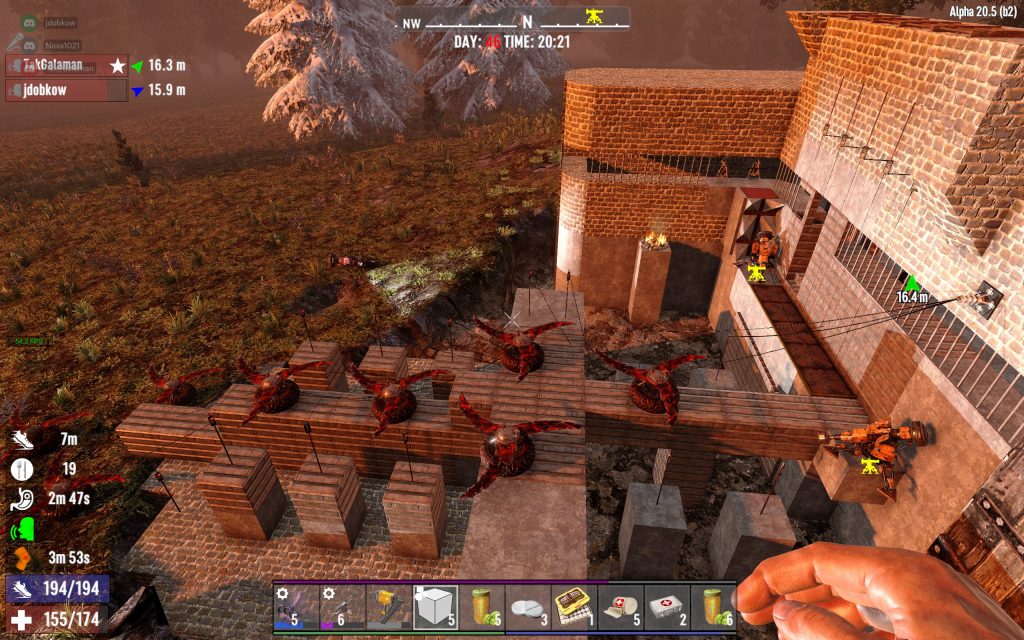
7 Days to Die is by no means a perfect game. It’s still in development, it has a mediocre user interface, occasional bugs, and if you’re used to cutting edge graphics it’s voxel nature will leave you disappointed. It can have the feel of a game designed by and for adolescent boys, with its “busty nurse” shopkeeper and often crude humor. It completely lacks anything like a story.
But it is incredibly fun. It combines what works from multiple game genres into a seriously addictive, creative, and amazingly flexible gaming experience. And it has cooperative multiplayer so you can do it all with friends. I have found myself pouring hour after hour into it and thinking about it nearly constantly. I wake up in the middle of the night with ideas for how to improve my base, either practically or aesthetically. I am finally reaching the point where I feel “done” with my single player game, but I’m still having a blast in multiplayer, and am still eagerly watching the development notes for the next version. I have no doubt that when alpha 21 is released, I’ll be sucked right back in.

